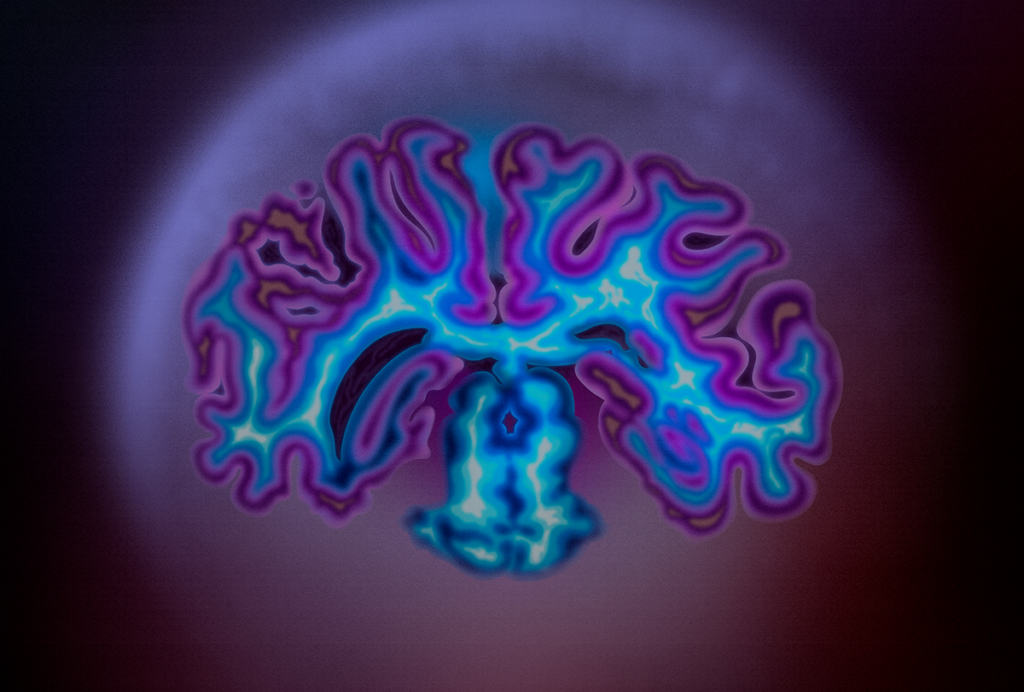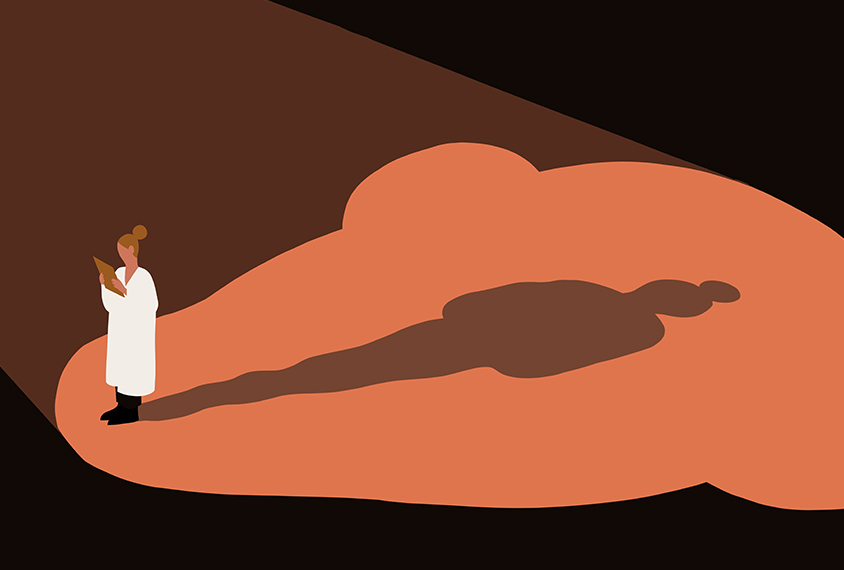Cory Miller is professor of psychology at the University of California, San Diego. His research focuses on understanding the neural mechanisms that allow us to overcome the challenges we face in real-world contexts. His lab combines neurotechnologies with single-neuron and circuit-level analyses to uncover how the brain integrates perceptual, memory, and cognitive mechanisms in naturalistic experiments. He is also active in national science policy and public communication.
Miller earned his B.A. at the University of Colorado Boulder and his Ph.D. at Harvard University. Before joining the faculty at the University of California, San Diego, he completed a postdoctoral fellowship at Johns Hopkins University.






